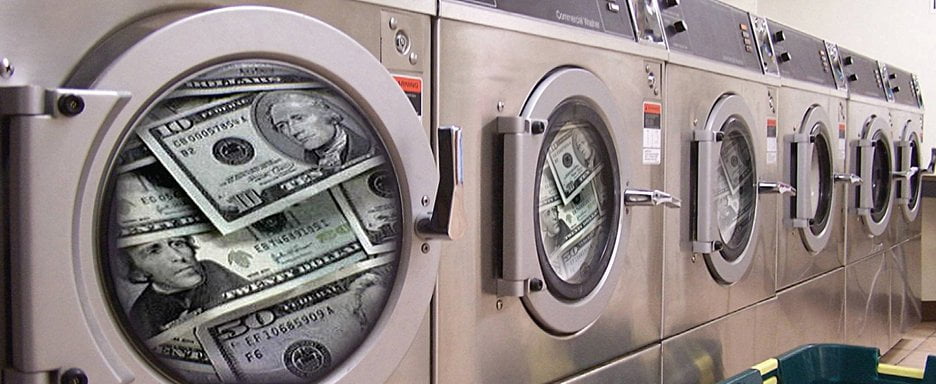The Royal United Services Institute (RUSI), the British defense and security think tank, questions whether or not non-fungible token (NFT) assets can be used for money laundering purposes. The report determines that in order to mitigate the money laundering risks a ‘know your customer’ monitoring system “needs to be implemented.”
RUSI: ‘NFT Technology Can Raise Alarm Bells From a Money Laundering and Financial Crime Perspective’
On December 2, RUSI published a report that covers the subject of non-fungible token (NFT) assets and the RUSI researchers ask whether or not NFTs can contribute to money laundering schemes.
“This technology can raise alarm bells from a money laundering and financial crime perspective,” RUSI warns. “To start with, NFTs are most often purchased with cryptocurrencies on online marketplaces. Cryptocurrencies are routinely exploited for malicious means, such as obfuscating the source of criminal proceeds and, despite transactions being traceable, more sophisticated criminal actors use a variety of techniques to disrupt investigations by law enforcement.”
The RUSI report called “NFTs: A New Frontier for Money Laundering?” further states:
A system of ‘know your customer’ policies and ongoing monitoring, similar to those used in the traditional art market and in compliant cryptocurrency exchanges, needs to be implemented.
Money Laundering Considered Commonplace in Traditional Art Market — RUSI Researchers Say an ‘Art Heist Is Also Possible Within the NFT Realm’
Money laundering in the traditional art scene has been an ongoing debate for decades. The New York Times investigative reporter Graham Bowley explained on June 19, that U.S. politicians want to investigate the secret art market. “Secrecy has long been part of the art market’s mystique, but now lawmakers say they fear it fosters abuses and should be addressed,” Bowley wrote.
RUSI researchers stress that criminal actors can also infiltrate NFT markets and leverage “novel risks.” “An art heist is also possible within the NFT realm,” the RUSI report adds. “Criminal actors can hack into user accounts on NFT marketplaces and transfer NFTs to their own accounts. After transferring the NFTs, the hacker can quickly sell the stolen token(s) and attempt to launder the proceeds.”
While RUSI researchers believe that money laundering in the NFT art and collectibles world can be deterred, the report also highlights that “NFT forgery and theft can also be mitigated.” RUSI suggests that NFT marketplaces use two-factor authentication (2FA) solutions and maintain “good cyber security.” Furthermore, RUSI suggests developing a registry of stolen NFTs that “would mimic the Art Loss Register.”


